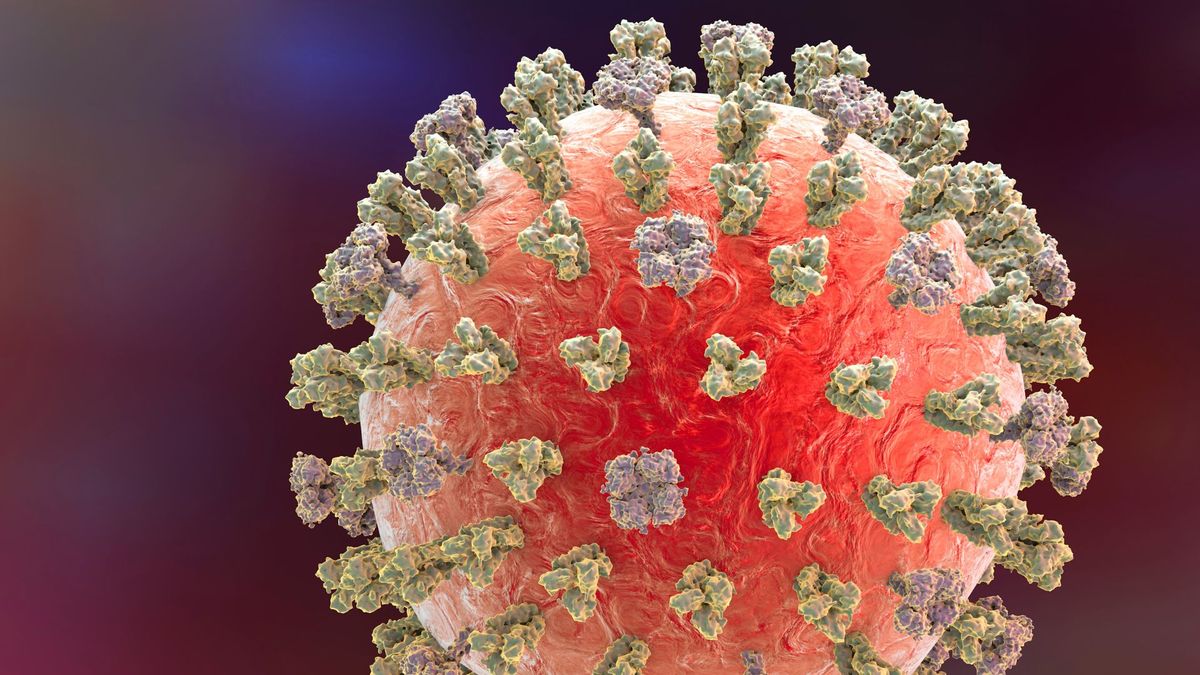Can an ancient herb help grow and repair human hair? Science says yes!
While anyone with thinning locks or bald spots who’s been on the hunt for a hair growth recipe has probably come across rosemary as a remedy, it’s not the only plant that has some mane-boosting bona fides.
A powerful adaptogen, ginseng has been used for thousands of years to improve overall health. Proponents claim the root can lower blood sugar and fight inflammation, and research has suggested it may help relieve stress and improve immune function.
One study showed that the root could help people manage chronic fatigue, and another demonstrated that ginseng has a positive effect on memory and cognition.
And a new study has found yet another benefit of the super root: hair growth.
Previous research had established that people with alopecia who took red ginseng extract orally had increased hair density.
Building on that study, recent research published in the Journal of Medicinal Food, shows that red ginseng extract can promote hair growth in cultured human hair follicles.
“Ginseng is a versatile and potent ingredient that can significantly improve hair health,” said Dr. Anil Sharma, medical practitioner and leading hair restoration expert at Sharma Skin and Hair Surgery.
“The key active compounds in ginseng, such as ginsenosides, improve blood circulation to the scalp. This boost in circulation nourishes hair follicles, stimulating their activity and promoting stronger, healthier hair growth.”
Both red and white ginseng are from the same species, also known as Asian ginseng. However, the root changes color depending on the duration of growth and manufacturing process.
Red ginseng is typically sourced from roots that are at least 6 years old. The signature scarlet color is characteristic of the preservation process that extends the shelf life of the ginseng.
In addition to boosting circulation and promoting hair growth, ginseng is rich in amino acids that stimulate keratin production and help repair damaged strands.
“Its antioxidants protect hair from the harmful effects of free radicals, while fatty acids help balance and hydrate the scalp’s natural oils. Even ginseng’s saponins work to cleanse and refresh the scalp, providing the ideal conditions for healthy hair growth,” said Sharma.
Not only does ginseng promote and protect, but it may also prevent hair loss.
“Gineng’s active compounds, particularly ginsenosides, help block the enzyme 5-alpha reductase, which contributes to hair thinning and male pattern baldness. By inhibiting this enzyme, ginseng reduces the conversion of testosterone into dihydrotestosterone (DHT), a major factor in hair loss.”
Sharma noted that regular use of ginseng can improve hair texture, increasing shine while reducing breakage.
Meanwhile, ginseng’s natural antimicrobial properties contribute to scalp health, protecting the scalp and hair follicles from environmental stressors such as pollution, UV rays, and free radicals.
For those looking to incorporate ginseng into their haircare routine, Sharma recommends seeking out shampoos and conditioners that list ginseng extract as a key ingredient. These products can deliver the benefits directly to your dome.
Ginseng-infused oils offer added moisture, but Sharma cautions against using pure ginseng oil. “Instead, mix ginseng root extract with a carrier oil, such as coconut or jojoba oil, and massage it into your scalp. If your hair tends to get oily, apply the mixture an hour before washing. This process improves blood circulation, stimulates hair follicles, and supports healthier hair growth.”
For the oil-averse, a nourishing DIY hair mask, applied once a week, is another way to deliver the benefits of ginseng. “Combine ginseng powder with olive oil to create a nourishing mask. Apply it to your scalp for around 20 minutes before rinsing thoroughly,” Sharma said.
Quality and consistency are key components of hair improvement. Experts recommend using organic ginseng-based products two to three times per week and consulting a specialist if hair or scalp concerns persist.
















